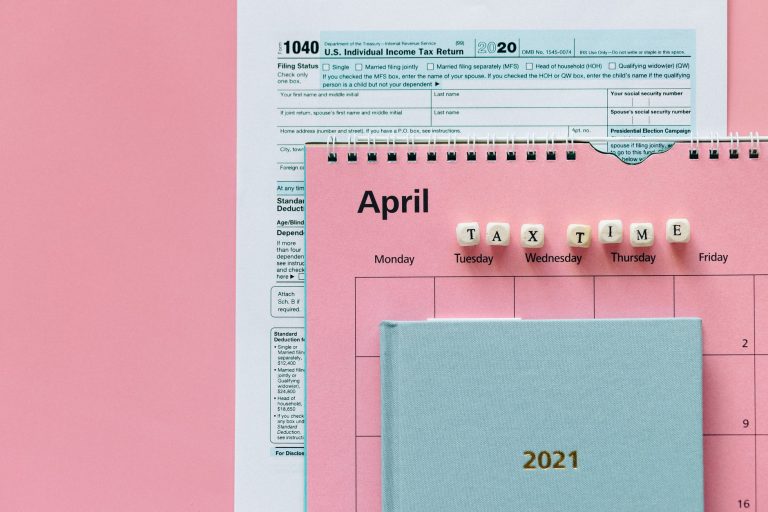Global data show that countries in many regions of the world are experiencing a decline in the influence of political parties in terms of the declining membership and turnout, stability of the party system and impact on democratic accountability, institutionalization, political competition and the quality of democracy itself. Declining influence of political parties risks greater economic costs, creates greater political uncertainty, and reduces respect for democratic principles in countries. As Cobb writes, the Republican Party continues to utilize voter suppression laws, coupled with its structural advantages, to remain the most powerful party capable of winning the national majority.
Global data show that countries in many regions of the world have seen a decline in the influence of political parties in terms of declining membership, voter turnout and stability of the party system. Over the last 50 years, turnout in parliamentary and lower house elections in countries with minimal party competition (1) has fallen by seven percentage points from 71% to 64%.
In his book The Lost Majority, political scientist Sean Trende postulates that history is full of examples of majorities falling to the party that came to power first. In seven of the preceding eight presidential elections, the party that founded the Democratic Party in the first half of the nineteenth century had won all eight presidential elections. This all happened before Donald Trump, the most unpopular major party candidate of all time, won the 2016 election without winning the statewide popular vote.
Green parties reflect a broader social movement that seeks to steer civilization in a more sustainable and humane direction. Their environmental concerns began with opposition to nuclear power and spread to climate change and pollution from industrial agriculture. The “green world” has become a single environmental-based political party capable of winning elections and serving at the highest levels of government.
Only in the 1980s did the first green parties establish themselves in West Germany, once a stronghold of green politics. The Green Politics Network was founded in 1990, and the National Association of State-wide Green Parties was founded in 1994. In 2023, as mainstream parties continue to lose popularity due to climate change and voters “growing concerns”, the Greens will be represented in national governments in Sweden, Luxembourg, Finland, Ireland, Austria, Belgium and Austria.
The Green Party in the United States (GPU) gained widespread public attention during the 2000 presidential election when a team of Ralph Nader and Winona LaDuke earned 27% of the vote. The Greens had their strongest support among the populations along the Pacific Coast, the Upper Great Lakes, and the Northeast, reflecting the geographical distribution of the elected Green candidates. There were internal divisions between members who saw electoral politics as corrupt and supported the idea of an anti-party party in the shape of Petra Kelly and other leading Greens leaders in Germany and those who saw electoral strategy as a key driver of social change.
Federalists were banished to electoral obscurity by the one-party rule of Democrats and Republicans, and the American system of majority and single-party districts had less demand for two parties. Democrats and Republicans split, leading to a new two-party system of Democrats and whigs.
In last year’s elections, Southerners made up forty-eight percent of all House Republicans and seventy-one percent of party committee members. The South remains the most racially polarized region and the most religious, two dynamic factors in the party’s political culture and its current problems.
More than nine in 10 registered Democratic voters, including those who lean toward the Democratic Party and supported all five front-runner candidates for nomination in mid-January, say climate change is now at least a major issue in the country, including three-quarters or more who say it is a big problem. Among Democrats and independents leaning toward the party, 78% say it should be their top priority, up 22 percentage points from 2016.
There are important differences between the left and the right, as British activist Derek Wall argues in his book Green Politics: Inside the Movement. A contemporary Republican in Texas shares her support for Massachusetts and its Republican Party more than a great-grandmother. Factors such as negative partisanship mean that a political party is more important than social identity.
Citizens join political parties, give their time, donate money and elect their leaders so that they can exercise their basic democratic rights. Representative democracy requires elections in which voters can reward or punish incumbents, and political parties are an essential instrument for accountability. In this country, political parties that do not respect citizens’ rights to participate are not accountable to the electorate.
Lawmakers who change parties before the end of their term may not stand for immediate re-election. In order to encourage citizens’ participation in parties and public funding, political parties should be linked to the level of popular participation in their internal processes, not to the share of votes they receive in elections. Intra-party elections should be held under the same electoral authorities as national elections.
The G-GPUSA will lose most of its members in the next few months, giving up its FEC National Party status in 2005. The United States Green Party does not accept donations of corporations, political action committees (PACs), 527 organizations (c) or soft money. Trahern is co-chair of the Greens and chairman of the party political committee. I am a Green, and we are the only political party in America where reparations are part of our election platform.
The United States Green Party today called on President Biden and Congress to provide a $2.7 trillion stimulus package to boost the economy and lead the country to a 100% renewable energy system and zero emissions by 2030. Friends and family can’t afford to wait any longer to try to change the Democratic Party. Political neophytes are steeped in party traditions and lack the experience that comes with less respect for democratic norms.




